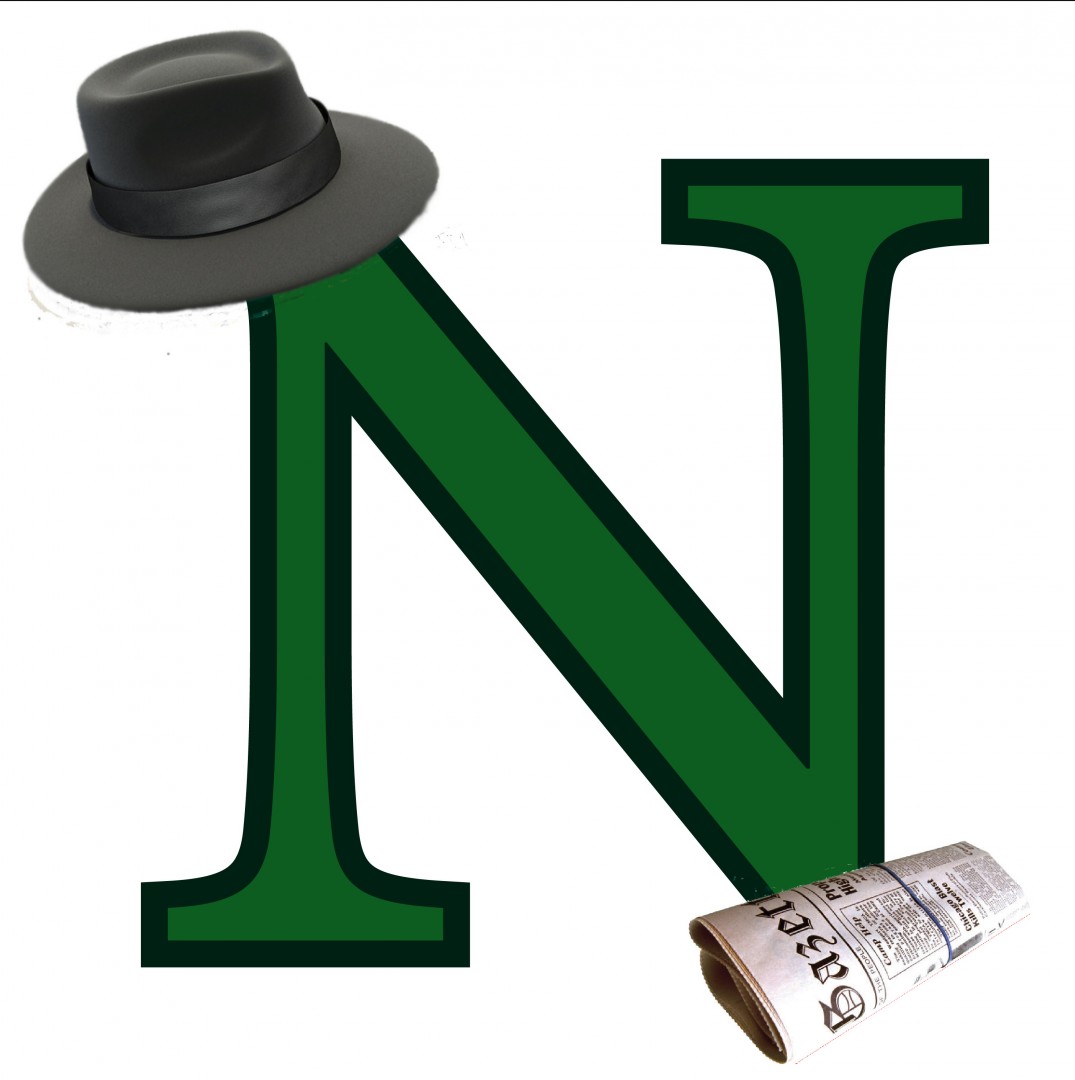On Feb. 1, the Josef Korbel School of International Studies’ Center for China-U.S. Cooperation will be hosting its 11th annual International Symposium, “China in Africa.”
This year, the conference will be held at Korbel, and will discuss “China in Africa” following last year’s topic “Reconciliation and Sources of Conflict between China and its Asian Neighbors.”
According to Suisheng Zhao, professor and executive director of the Center for China-U.S. cooperation at Korbel, two keynote speakers will be presenting at the Symposium. Ambassador David Shinn, a former U.S. foreign service officer, will discuss “China and Africa: The Next Decade,” while Major General Zhu Chenghu , dean of the Defense Affairs Institute for China’s National Defense University of the People’s Liberation Army, will speak on “The African Challenge and China’s Response.”
The presentations will be co-sponsored by the Center for Chinese Studies at Stellenbosch University in South Africa, The Carter Center at Emory University in Atlanta and The Minerva Imitative at the U.S. Air Force Academy.
“The topic of ‘China in Africa’ raises some big concerns and is a very interesting issue,” said Zhao. “The subject caught the attention of many people, because there is lots of engagement going on in Africa; it is very important at the moment.”
Furthermore, Zhao said Denver is a “great” location for international affairs.
“Denver, what we call the Rocky Mountain West, is a great area, heartland of America,” he said. “Many Chinese want to come here and learn more about America, and many members of our local community want to learn about international affairs, including China.”
According to Zhao, the event is open to everyone at the university as well as the public.
“In the past we have had people coming to our events from all over the Denver area and as far away as from China and other states; Minnesota, Iowa, Texas,” Zhao said.
However, anyone planning to attend must pre-register.
According to Zhao, the Center for China-U.S. Cooperation was established in order for American scholars to learn more about China, and vice-versa.
“It is an important country for U.S. to work together and build a bridge,” he said.
In addition to annual International Symposiums, The Center for China-U.S. Cooperation highlights monthly speakers and co-sponsors legal, political, artistic and other events to further the U.S.-China partnership.
For example, on Oct. 29 of last year, The Center for China-U.S. Cooperation served as a local host for the live broadcasting of the 2012 U.S.-China Town Hall Meeting.
The Center also publishes the Journal of Contemporary China, which Zhao started 21 years ago. Since then, the interest in publishing academic work in the journal has skyrocketed.
“We attract very top scholars and receive so many submissions from all over the world on a daily basis, in all different languages,” said Zhao. “We now publish issues six times a year [the journal was previously published three times annually].”
According to Professor Zhao, submissions are reviewed through a “double-blind” process, in which the reader does not know the author.
For complete list of and biographies on the Symposium speakers, registration forms, as well as a tentative schedule for the event, visit the Korbel website at www.du.edu/korbel/











